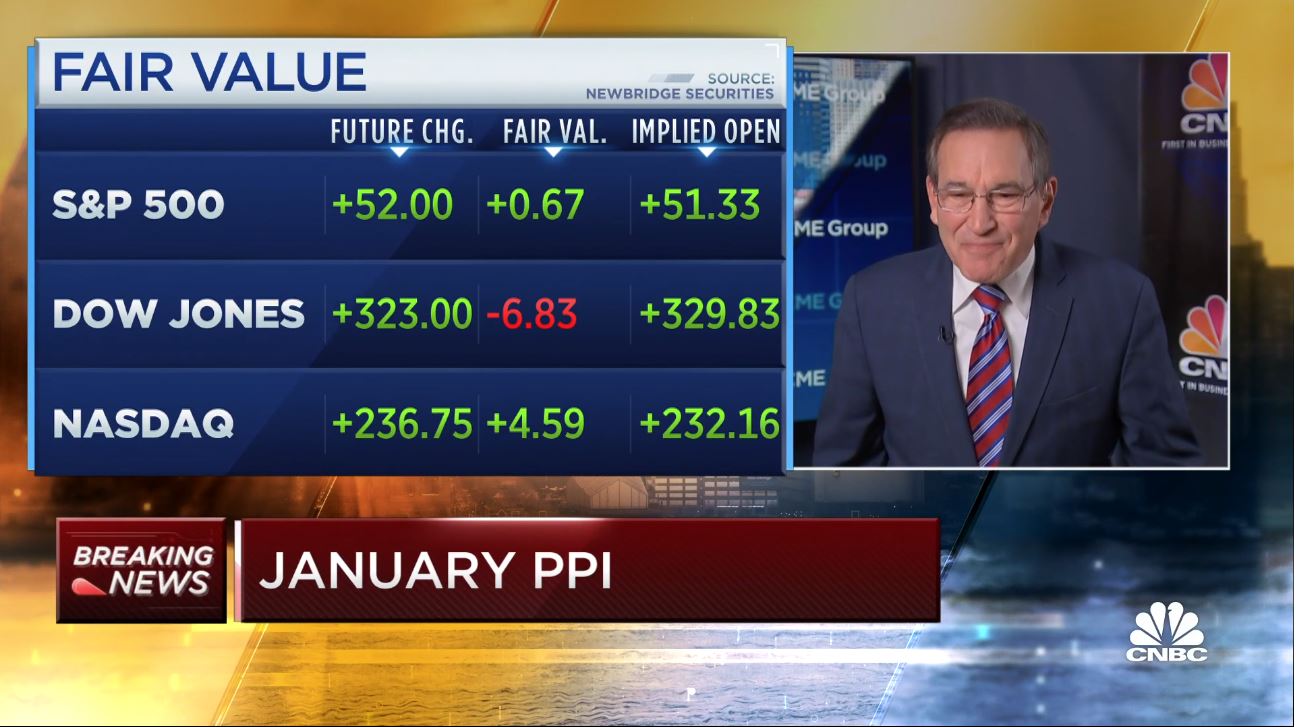
By Steve Holland and Jarrett Renshaw
PITTSBURGH (Reuters) -President Joe Biden on Wednesday called for a sweeping use of government power to reshape the world’s largest economy and counter China’s rise in a $2 trillion-plus proposal that was met with swift Republican resistance.
The president’s “American Jobs Plan” would put corporate America on the hook for the tab as the government creates millions of jobs building infrastructure, such as roads, tackles climate change and boosts human services like care for the elderly.
“It’s a once-in-a-generation investment in America, unlike anything we’ve seen or done since we built the interstate highway system and the space race decades ago,” Biden said in unveiling the program in Pittsburgh.
He said he had no problem asking companies to foot the bill and is “gonna put an end” to Amazon.com Inc and other major companies paying little to nothing in federal taxes.
Biden’s second multitrillion-dollar legislative proposal in two months in office sets the stage for a partisan clash in the U.S. Congress, where members largely agree that investments are needed but are divided on the total size and inclusion of programs traditionally seen as social services.
Another economic proposal Biden will release in April could add a further $2 trillion to the total price tag.
Coupled with his recently enacted $1.9 trillion coronavirus relief package, Biden’s infrastructure initiative would give the federal government a bigger role in the U.S. economy than it has had in generations, accounting for 20% or more of annual output.
Biden’s team believes a government-directed effort to strengthen the economy is the best way to provide support to an economy walloped by the coronavirus pandemic and contend with increased competition and a national security threat posed by China.
The proposal was greeted icily by conservatives and major business groups.
Republican Senator Mitch McConnell said the proposal was “another Trojan horse for far-left demands” one day after Biden called to brief the minority leader on the proposal. McConnell said raising taxes would be “killing jobs and slowing wage growth when workers need a fast recovery.”
PAYING FOR IT
Biden is ignoring a campaign promise to raise taxes on wealthy individuals, at least for now.
The plan would instead increase the corporate tax rate to 28% from 21% and change the tax code to close loopholes that allow companies to move profits overseas, according to a 25-page briefing paper released by the White House.
Biden said the goal was not to “target” businesses but to address divisions and inequality worsened by the pandemic.
The plan would spread the cost for projects over an eight-year period and aims to pay for it all over 15 years, without adding to the country’s long-term debt, the White House said.
Neil Bradley, chief policy officer at the nation’s largest trade group, the U.S. Chamber of Commerce, said while the organization shares Biden’s sense of urgency on infrastructure, his plan is “dangerously misguided.”
“We strongly oppose the general tax increases proposed by the administration which will slow the economic recovery and make the U.S. less competitive globally,” Bradley said.
The plan includes $621 billion to rebuild infrastructure, such as bridges, highways and ports, and a historic $174 billion investment in the electric vehicle market that sets a goal of building a nationwide charging network by 2030.
The program’s focus on union-represented jobs and projects to mitigate climate change would deliver long-sought liberal goals.
Administration officials also said they hoped to address economic inequality created by racial discrimination, for instance cutting air pollution that affects Black and Hispanic communities near ports or power plants.
Congress will be asked to invest $400 billion in expanding access to affordable community-based care for aging Americans and people with disabilities. It is aimed at low-wage workers in that industry, who are disproportionately women of color.
There is $213 billion included to build and retrofit environmentally sustainable homes along with hundreds of billions to support U.S. manufacturing, bolster the nation’s electric grid, enact nationwide high-speed broadband and revamp the nation’s drinking water systems.
ANOTHER PROPOSAL COMING
Biden is moving forward with the economic plan while attempting to deliver on promises to provide enough COVID-19 vaccines for all American adults by the end of May. The White House is also dealing with a rise in the number of migrants at the southern border and fallout from back-to-back mass shootings.
The plan forms one part of the “Build Back Better” agenda that the administration aims to introduce. A second legislative package being marketed as helping families is due within weeks.
That package is expected to include the expansion of health insurance coverage and child tax benefits, as well as paid family and medical leave.
House of Representatives Speaker Nancy Pelosi has signaled she hopes to pass the infrastructure plan by July 4, although that time line could easily slip as Democrats with narrow majorities in both the House and Senate race to strike a deal on the details.
The jockeying has already begun. Moderate Democrats have said the package should be more targeted to traditional infrastructure projects to attract Republican votes. Liberal lawmakers want to tackle climate change and economic inequality with resources that reflect the size of those challenges.
Representative Pramila Jayapal, a leading liberal Democrat, said on Tuesday that the proposal Biden laid out as a presidential candidate was between $6.5 trillion and $11 trillion over 10 years.
“We’d like to see a plan that goes big,” Jayapal said.
(Reporting by Steve Holland and Jarrett Renshaw; Writing by Trevor Hunnicutt; Additional reporting by Richard Cowan, David Morgan and Makini Brice; Editing by Dan Burns, Sonya Hepinstall and Peter Cooney)





